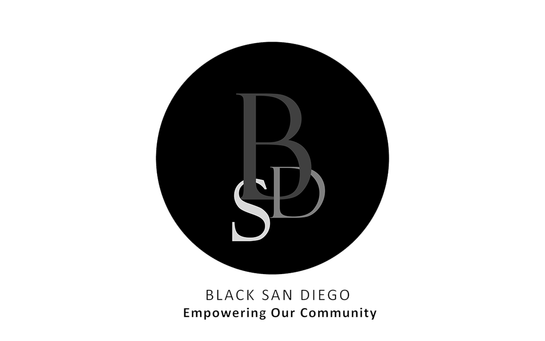
Is Time Your Most Precious Commodity?
T3: Optimize Your Time, Talent, and Treasure
A commodity can be bought and sold on the stock market. It could be a raw material like a precious metal or ore, or it could be an agricultural product, like crops or livestock. More generically, it’s a useful or valuable thing, like water or TIME.
Time is a treasure
I read a post recently that said, “Time is a treasure. Are you investing time? Wasting time? Allowing time to be stolen? Choose wisely.”
In fact, time is a commodity, a useful and valuable thing. Perhaps it’s not the kind of commodity that’s bought and sold on wall street, but it’s still worth a lot—worth spending, investing, and saving wisely, just like money.
If you could look at your time “transactions” the way you could your financial transactions, what would they tell you about how you’re spending your time? Are you treating your time as the precious commodity that it is?
Managing time is a habit
There is no shortage of time management gurus and self-help books online and on book shelfs. Steven Covey, one of the most famous of the business gurus, created an international movement from his book, The 7 Habits of Highly Effective People. Habit number 3, Put First Things First, is all about prioritizing what you do and using your time effectively.
When you look into the habits of some of the most successful business people, you’ll find that they’ve spent their careers managing their time as wisely as they do their finances and their organizations. After all, they manage to cram a lot of activity in each day, think of visionary new directions for the business, and manage to find the time for a personal life.

You can expect what you inspect
It’s not unusual for people to hear the word, “audit”, and freak out just a little. But the fact is that audits are important tools for the health of any business. They can find financial problems, catch processing or accounting errors, improve your company’s bottom line, and lead to better business decisions.
There are more ways to audit a small business than there are days in the week, according to accounting blogger Maria Tanski-Phillips:
- Internal audits check on financial goals.
- External audits can assure lenders and investors that accounting records are accurate.
- IRS tax audits ensure that businesses don’t overpay or underpay their tax obligations.
- Financial audits review transactions and records to ensure that financial statements are accurate and fair.
- Operational audits analyze the company’s goals, planning processes, procedures, and operation results to identify opportunities for improvement.
- Compliance audits review policies and procedures to see if they comply with internal or external standards.
- Information system audits look for issues with software development, data processing, and computer systems.
- Payroll audits make sure payroll processes are accurate.
- Pay audits can identify discrepancies in pay among employees, and inequal pay for different genders, races, ethnicities, and ages.
But what about what you do with your time?
Is it time for a time management audit?
So, if you can audit your finances, your operations, your policies and procedures, and your pay practices, what about your time? We have established that time is as valuable as money, and as much a currency as money.
Effective use of your time can result in your business moving to the next level, your skillset and confidence being boosted by training and coaching, your relationships with friends and families blooming under your attention, and your life being enriched by activities that make you smile.
Yes. Time can make all this possible. It’s practically magic.
That’s because it’s important not only to find every “free” minute you can but also to make every minute count. Here’s a simple way to conduct your own time management audit:
- Look at your vision, mission, and goals. Are they current, for both your business and you?
- Consider your personal priorities:
- Faith
- Family
- Infrastructure, i.e., food, medical, car maintenance, and home repair, etc.
- Me-time
Now, last month I wrote a blog about the Eisenhower Decision Matrix, which helps you determine what tasks and activities align with your vision, mission, and goals. It’s an amazingly simple way to identify what you should personally do right away, what you should schedule to do later, what you should delegate for someone else to get done for you, and what you should stop doing altogether.
Here’s a practical way to apply the Eisenhower Matrix in your own audit:
- Track your time for a week.
- Categorize each task according to your business and personal priorities.
- Do the math. Find the time.
- Adjust your daily activities using these 4 buckets: Do, Plan, Delegate, Delete
- Try it and fine tune it again in 3 to 6 months or when your priorities shift.

Final thoughts
The key to your time management audit is pragmatism, not precision. Do the best that you can now. It’s more important to start somewhere than it is to get it perfect the first time.
This month we are continuing to encourage people to optimize their time, talent, and treasure. The time management audit supports you in treating your time like the treasure it is, and “finding” more of it to use for purposes aligned with your personal and business goals. But if you need additional support when delegating tasks, talk to CSD Marketing. We can help. In the meantime, click here to get a free e-book that will help you start your time management audit today.























